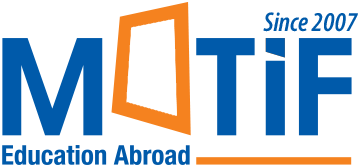Business Analytics MSc

- IELTS: 6.5 overall (with at least 5.5 in each component area)
- PTE - 71 not less than 59.
This course aims to teach you how to perform data collection, transformation, and organisation in order to draw conclusions, make predictions and drive informed and smart business decision making.
During this course you will have the chance to:
- Develop quantitative and data mining skills to solve business problems as well as data visualisation skills using appropriate software and programming language.
- Learn to generate value from Big Data, which cannot be analysed using traditional techniques.
- Apply theory to practical situations through case studies and projects from industry.
Successful completion of this course should enable you to enter the field of business analytics and consultancy in small, medium, or large organisations across the globe.
On successful completion of this course, you will have knowledge of:
- The context within which big data and business analytics resides, including value, variety, veracity, volume, complexity, ethical and technological issues of big data.
- Data mining techniques such as market basket analysis, social media analysis and web analytics.
- The uses and limitations of a range of data mining techniques and methodologies.
- Global supply and logistics management.
- Operations analytics including forecasting and inventory control.
You will be able to:
- Apply business analytical techniques and methodologies in an organisational context.
- Select and apply appropriate models and techniques to best analyse structured and unstructured data.
- Use relevant communication and information technologies for application in business analytics and to communicate results for effective decision-making.
- Apply appropriate analytics to analyse market data, to address marketing questions such as a market forecasting.
- Assess financial performance and economic conditions of an organisation and key concepts of management accounting.
On successful completion of the course you could enter professions such as management consultants, business analysts, policy analysts, market researchers, operations researchers and data scientists. Alternatively, you could work in the public, private or voluntary sectors where such analytical skills would give organisations competitive advantage.
We aim to develop your capabilities in creative problem solving, strategic thinking, effective communication and research, all directly relevant to employers and of great value when seeking future employment.
